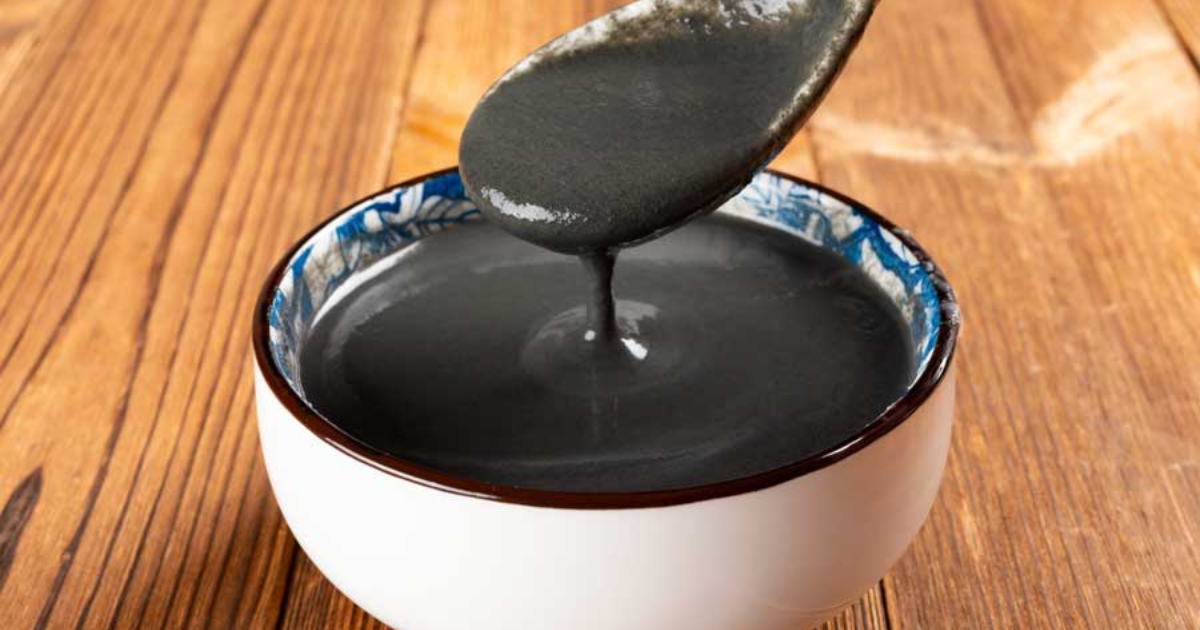The Viewpoint of the Islamic Diet
A naturally occurring compound, shilajit is mostly found in the Himalayas. It is created over decades by the slow breakdown of some plants. Because of its purported health benefits, which include enhancing energy levels, enhancing cognitive function, and supporting general wellness, it has been utilized in traditional Ayurvedic treatment. But for Muslims who rigorously follow diet regulations, a relevant question is: Is Shilajit halal or haram? This page explores this query by looking at the composition of Purely Natural Shilajit, where it comes from, and whether it complies with Islamic dietary regulations.
Composition and Benefits
What is Shilajit?
Shilajit, often described as a tar-like substance, is composed of organic plant materials that have been compressed by layers of rock and soil over thousands of years. It is rich in fulvic acid, humic acid, and numerous minerals that are believed to contribute to its health benefits.
Health Benefits of Shilajit
Shilajit is renowned for its various health benefits. It is often marketed as a supplement that can:
- Enhance energy and stamina
- Support cognitive function
- Aid in healthy aging
- Boost the immune system
- Promote heart health
These benefits are attributed to its potent bioactive compounds, particularly fulvic acid, which enhances nutrient absorption and has antioxidant properties.
The Concept of Halal and Haram in Islam
What Does Halal Mean?
In Islamic terminology, "halal" refers to what is permissible or lawful. This term not only applies to food and drink but also to other aspects of daily life, including business transactions, behavior, and lifestyle choices.
What Does Haram Mean?
Conversely, "haram" denotes what is forbidden or prohibited in Islam. This concept is derived from the Quran and Hadiths, and it encompasses activities and substances that are considered harmful or impure.
Criteria for Halal Substances
For a substance to be considered halal, it must meet the following criteria:
- Source: It must come from a permissible source. For instance, animals must be slaughtered according to Islamic guidelines.
- Processing: The processing and handling must not involve haram substances, such as alcohol or pork products.
- Purity: The substance should not be contaminated with anything impure.
Is Shilajit Halal?
Source and Sourcing of Shilajit
Shilajit is a purely natural substance, extracted from rock formations in the Himalayas. Since it is derived from plant matter and mineral deposits, its source does not inherently conflict with Islamic dietary laws.
Processing and Purity of Shilajit
The processing of Shilajit involves purification to remove impurities and make it suitable for consumption. Purely Natural Shilajit, for instance, undergoes stringent purification processes to ensure it is free from contaminants. The key concerns for determining its halal status are:
- Absence of Haram Additives: During its processing, no alcohol, pork derivatives, or other haram substances should be used.
- Cleanliness: The equipment and facilities used should maintain high standards of cleanliness to avoid contamination.
Certifications and Halal Assurance
To be confidently deemed halal, it is beneficial if Shilajit is certified by a recognized halal certification body. Such certifications ensure that the product has been thoroughly evaluated and meets all the necessary criteria to be considered halal.
Islamic Scholarly Opinions on Shilajit
Consensus Among Scholars
Most Islamic scholars agree that if Shilajit is sourced and processed in accordance with Islamic guidelines, it can be considered halal. This means the focus should be on ensuring that the Purely Natural Shilajit you purchase adheres to these standards.
Diverse Opinions
However, as with many substances, there can be differing opinions among scholars. Some may scrutinize the minutiae of its processing more stringently. Therefore, seeking products with halal certification can help mitigate these concerns.
Choosing Halal Shilajit
Importance of Halal Certification
When purchasing Shilajit, look for products that are explicitly labeled as halal. Halal certification from reputable organizations provides assurance that the product has been inspected and approved according to Islamic law.
Trusted Brands Offering Halal Shilajit
Many brands offer Shilajit, but not all guarantee halal compliance. Brands like Purely Natural Shilajit often highlight their commitment to purity and adherence to halal standards. Always check the label and certification details to ensure the product meets your requirements.
Customer Reviews and Transparency
Customer reviews and brand transparency are critical. Brands that openly discuss their sourcing and processing methods, and provide detailed information about their halal certification, are generally more trustworthy. Purely Natural Shilajit, for instance, offers detailed insights into their purification process and certification status.
Making an Informed Decision
Determining whether Shilajit is halal or haram hinges on its source, processing, and certification. Purely Natural Shilajit, when sourced and processed in compliance with Islamic guidelines, is considered halal by most scholars. To ensure you are consuming halal Shilajit, look for products with halal certification and thorough transparency from the manufacturer.
The Final Verdict
For Muslims seeking to benefit from the health properties of Shilajit while adhering to their dietary laws, choosing a reputable brand like Purely Natural Shilajit, which provides assurance of its halal status, is the best approach. By doing so, you can enjoy the benefits of this powerful natural supplement with peace of mind.

